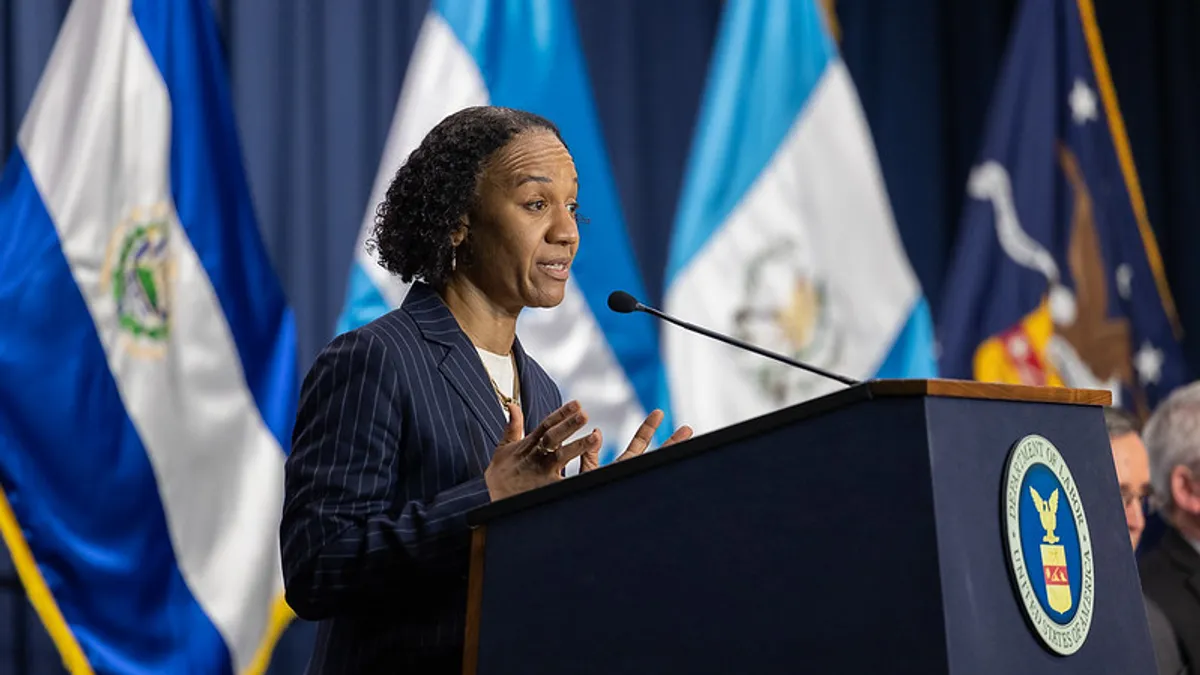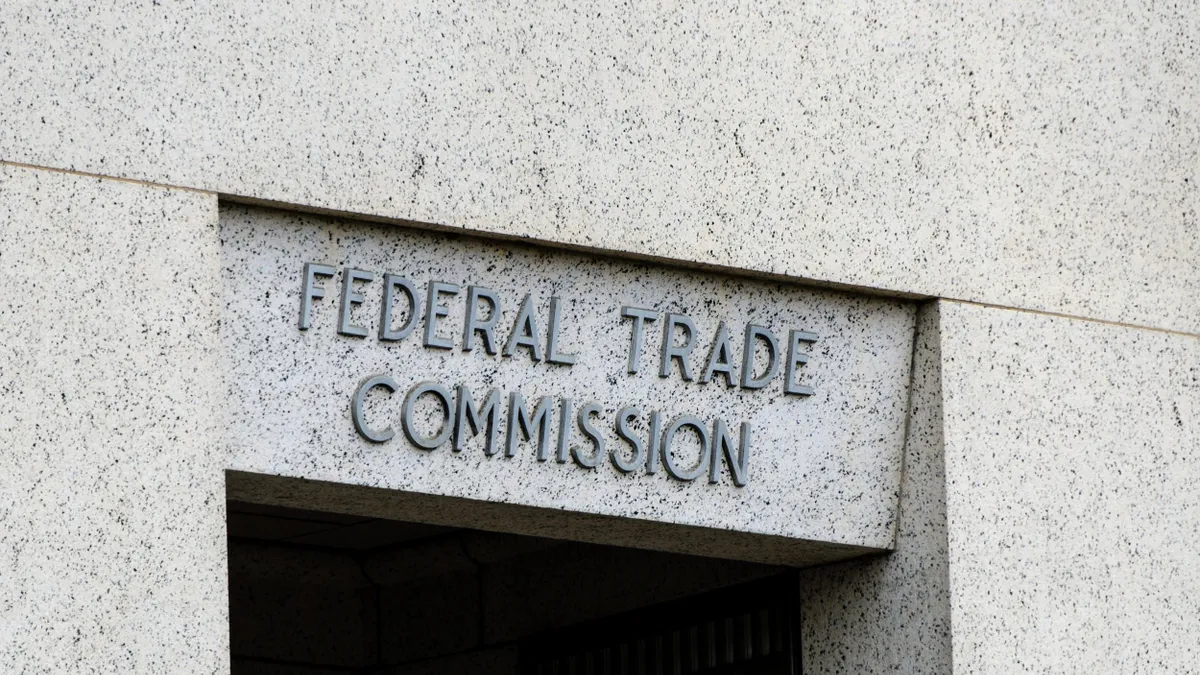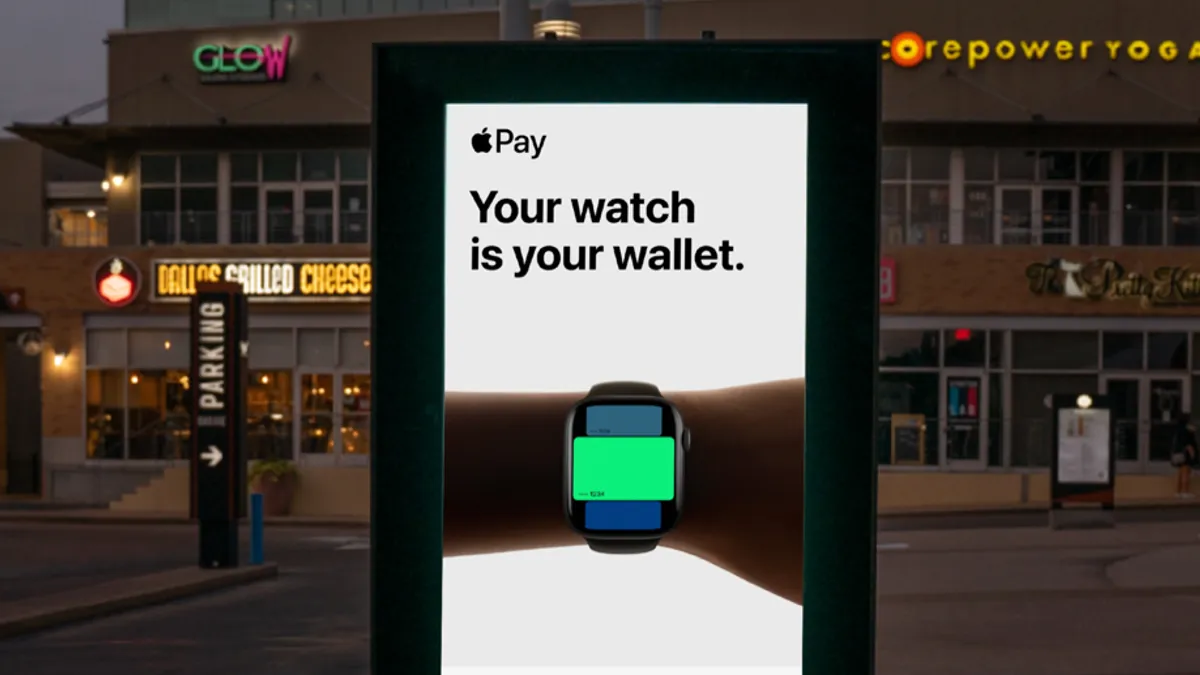Ripple’s token XRP is a security when it’s sold to institutional investors but not to the general public, a federal judge ruled Thursday, in what could be seen as a partial win for both the besieged crypto firm and the regulator that sued it in 2020.
Judge Analisa Torres of the U.S. District Court for the Southern District of New York applied the Howey test, a 1946 standard for what constitutes an investment contract — and thus a security — and determined sophisticated investors “would have understood that Ripple was pitching a speculative value proposition for XRP with potential profits,” according to Thursday’s ruling.
People who bought XRP on crypto exchanges, however, "could not have known if their payments of money went to Ripple, or any other seller of XRP” because the transactions were blind and often guided by trading algorithms, Torres asserted.
“Whereas the institutional buyers reasonably expected that Ripple would use the capital it received from its sales to improve the XRP ecosystem and thereby increase the price of XRP,” individual buyers would not be expected to “parse through the multiple documents and statements” necessary to understand the trades’ inner workings, Torres wrote.
The Securities and Exchange Commission sued Ripple, as well as its CEO, Brad Garlinghouse, and co-founder Chris Larsen in 2020, claiming they violated investor-protection laws by selling about $1.4 billion in XRP. Under Thursday’s ruling, $728.9 million of that total amounted to unregistered sales of securities, according to Reuters. However, roughly $757 million did not, the Financial Times reported.
“We said in Dec 2020 that we were on the right side of the law, and will be on the right side of history,” Garlinghouse wrote Thursday in a tweet, describing the ruling as “one that is for all crypto innovation in the US.”
Fellow crypto innovators chimed in, too. “Because the @SECGov and @GaryGensler refused to write clear rules for crypto, a judge just did it for them,” Gemini co-founder Cameron Winklevoss tweeted, tagging the SEC chair by name.
Coinbase re-listed XRP on its platform in the hours after the decision. It (and other exchanges) de-listed the token after the SEC sued Ripple, and XRP lost 60% of its value within a week. The price of XRP rose more than 70% on Thursday, according to The Wall Street Journal.
“W for @ripple. W for the industry. W for the builders. W for a clear rulebook. W for updating the system,” the company tweeted Thursday, using a shorthand for “win.”
Coinbase, too, is fighting a legal battle with the SEC. The regulator sued the company last month, accusing it of operating an unregistered national securities exchange, broker and clearing agency. The SEC also charged Coinbase with failing to register the offer and sale of its staking-as-a-service program.
Coinbase, for its part, sued the SEC in April to force the agency to divulge how it defines a security.
Paul Kisslinger, a former SEC trial attorney who now serves as a partner at Lewis Brisbois, said Thursday’s ruling “will have a profound impact on cases going forward.”
“If adopted by other courts, especially appellate courts, this will certainly narrow the SEC’s enforcement jurisdiction involving exchanges,” he told Bloomberg.
But the SEC indicated it saw the decision as a win, too.
“We are pleased that the court found that XRP tokens were offered and sold by Ripple as investment contracts in violation of the securities laws in certain circumstances,” the agency said in a statement to The New York Times.
“The court agreed with the SEC that the Howey test governs the securities analysis of crypto transactions and rejected Ripple’s made-up test as to what constitutes an investment contract,” SEC spokesperson Scott Schneider said, according to Bloomberg.
Part of the case is still headed to trial, however. A jury must decide whether Garlinghouse and Larsen helped Ripple violate the law with regard to transactions by institutional investors.
Matthew Solomon, an attorney for Garlinghouse, told The Wall Street Journal he is “confident a jury will find that the SEC’s remaining charge is equally baseless.”
The SEC, meanwhile, is reviewing the decision, Schneider said. Appeals of the general-public portion of the ruling may delay the trial.
Both Winklevoss and David Brill, a former deputy general counsel for Voyager Digital, called Torres’ ruling a “watershed moment.”
“It undermines the SEC’s position that tokens sold on Coinbase’s platform were sales of unregistered securities,” Brill told Bloomberg.
Winklevoss indicated broader implications, tweeting Thursday that the decision “relegates the SEC to [traditional finance] and makes it a dinosaur regulator. Buh-bye.”
Chris Martin, head of research at Amberdata, told CNBC the SEC “will have to revise their tactics on several of their ongoing cases.”
Stuart Alderoty, Ripple’s general counsel, characterized the SEC’s strategy as “regulation by enforcement” and told publications that Thursday’s ruling “puts appropriate checks and balances” on the agency’s efforts “to suffocate the crypto economy in the U.S.”
Jeff Blockinger, a former chief counsel for the exchange Vertex Protocol, told Bloomberg the SEC “should be careful what it wished for … meaning that the court agreed with them on a technical interpretation of Howey but also limited Howey’s application to everything under the sun.”
















